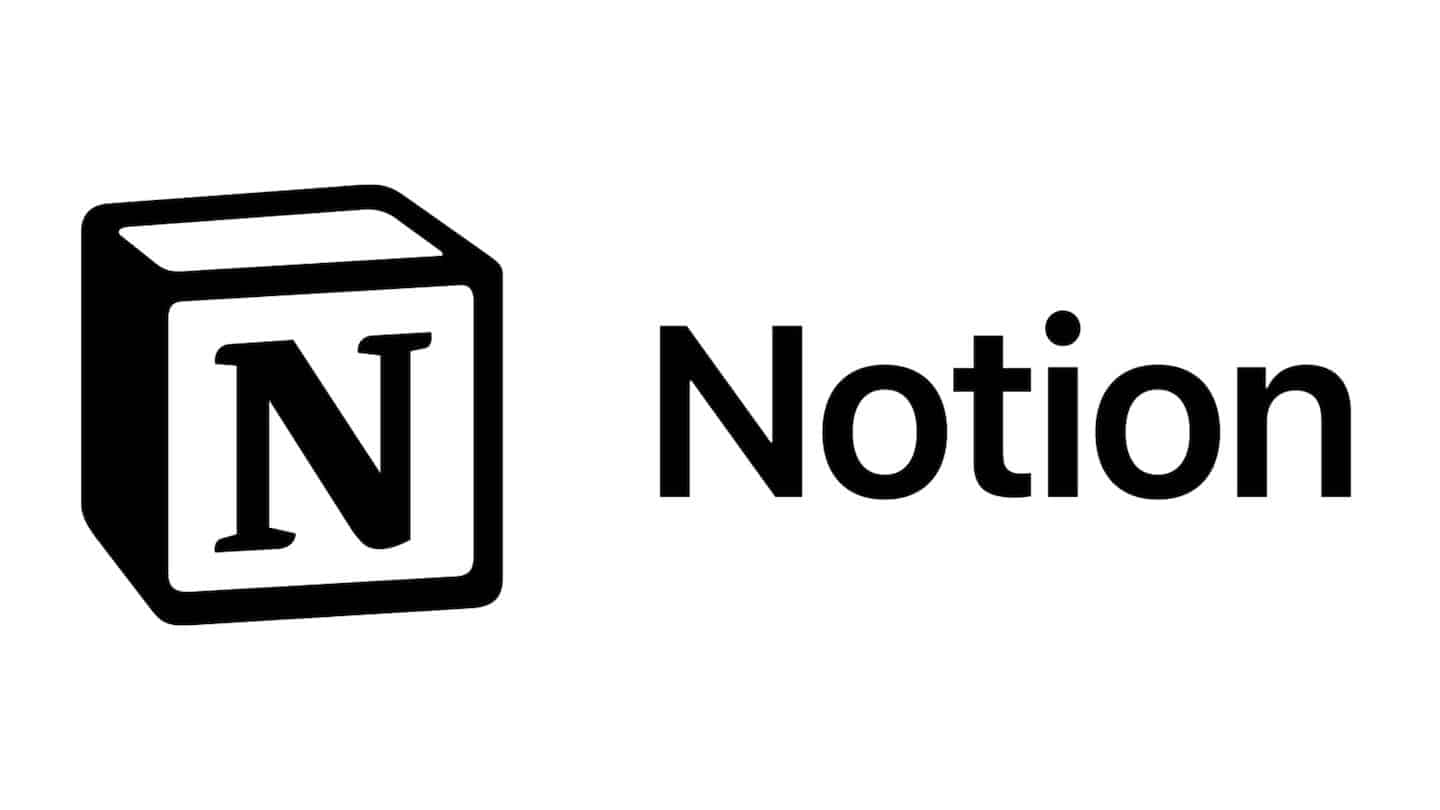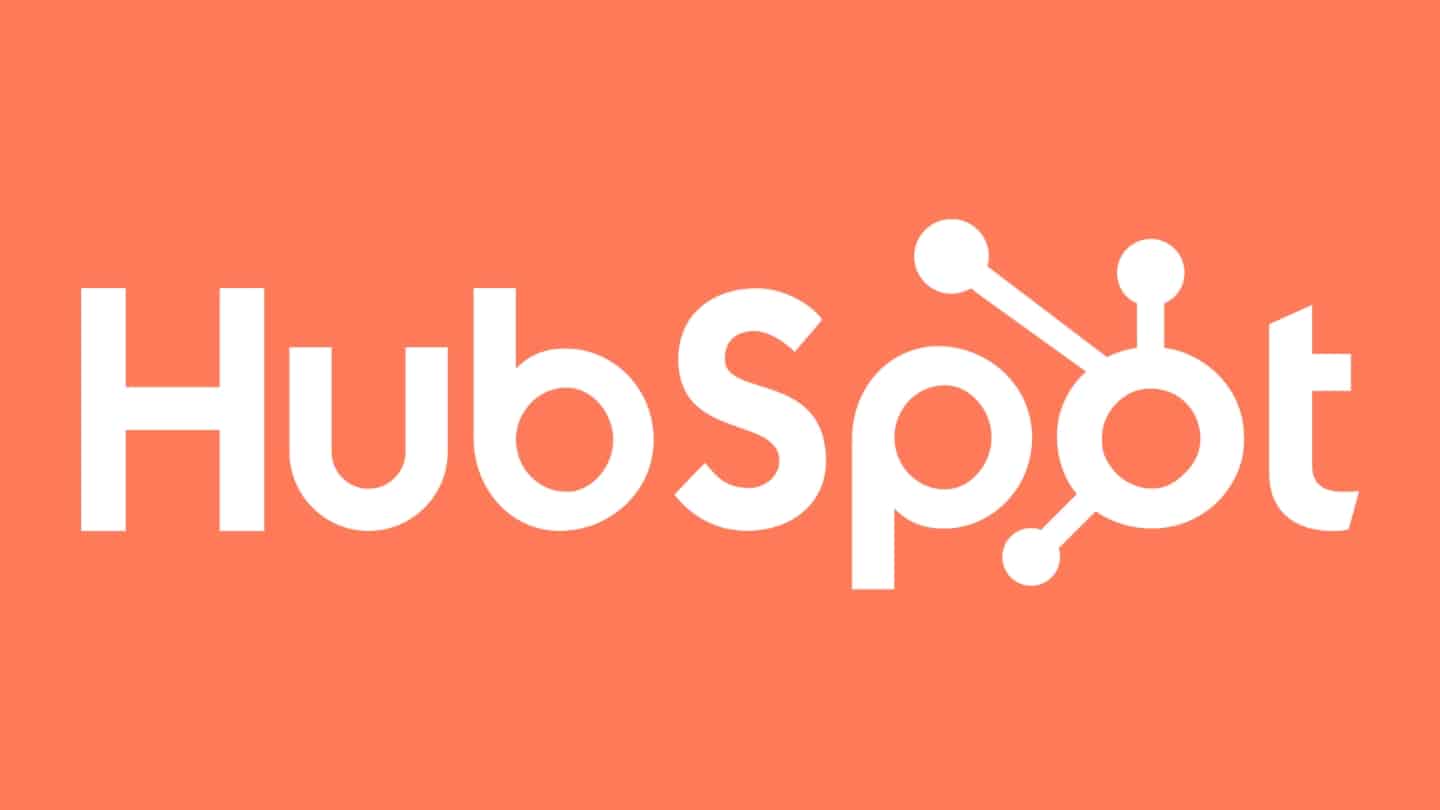Trello is clearly the solution of choice for simple linear processes. You appoint a person responsible for each column of the Kanban (process step) and move the cards from left to right. So far, so good.
But it has to be said that Trello isn’t really suited to more complex, non-linear processes. As soon as you need a little more communication, or need to manage dependencies (to make progress on task A, task B needs to be completed), Trello quickly becomes limiting.
Some will also want to find a self-hosted solution to secure their data, or solutions that stay free longer than Trello and its 10 tables.
Fortunately, there are many alternatives to Trello, some more complete, others even lighter. We’ve listed them in this article.
Before going any further
We’ve updated our benchmark of the best project management tools in 2022!
Sommaire
What makes Trello a good alternative?
Our ranking is based on the idea that an effective alternative to Trello must embody the qualities that make it so strong:
- A highly efficient Kanban view and multi-level template logic
- Robustautomation features, with few or no barriers to use
- Comprehensive model galleries
But it’s also designed to compensate for Trello’s limitations:
- Go further in reporting & project vision with multi-views
- Offer dependency management and task tracking over time
- Offer collaborative features that go further and manage non-linear processes.
Top 10 Trello alternatives: Comparison table
#1 Monday: the most credible alternative to Trello in 2022
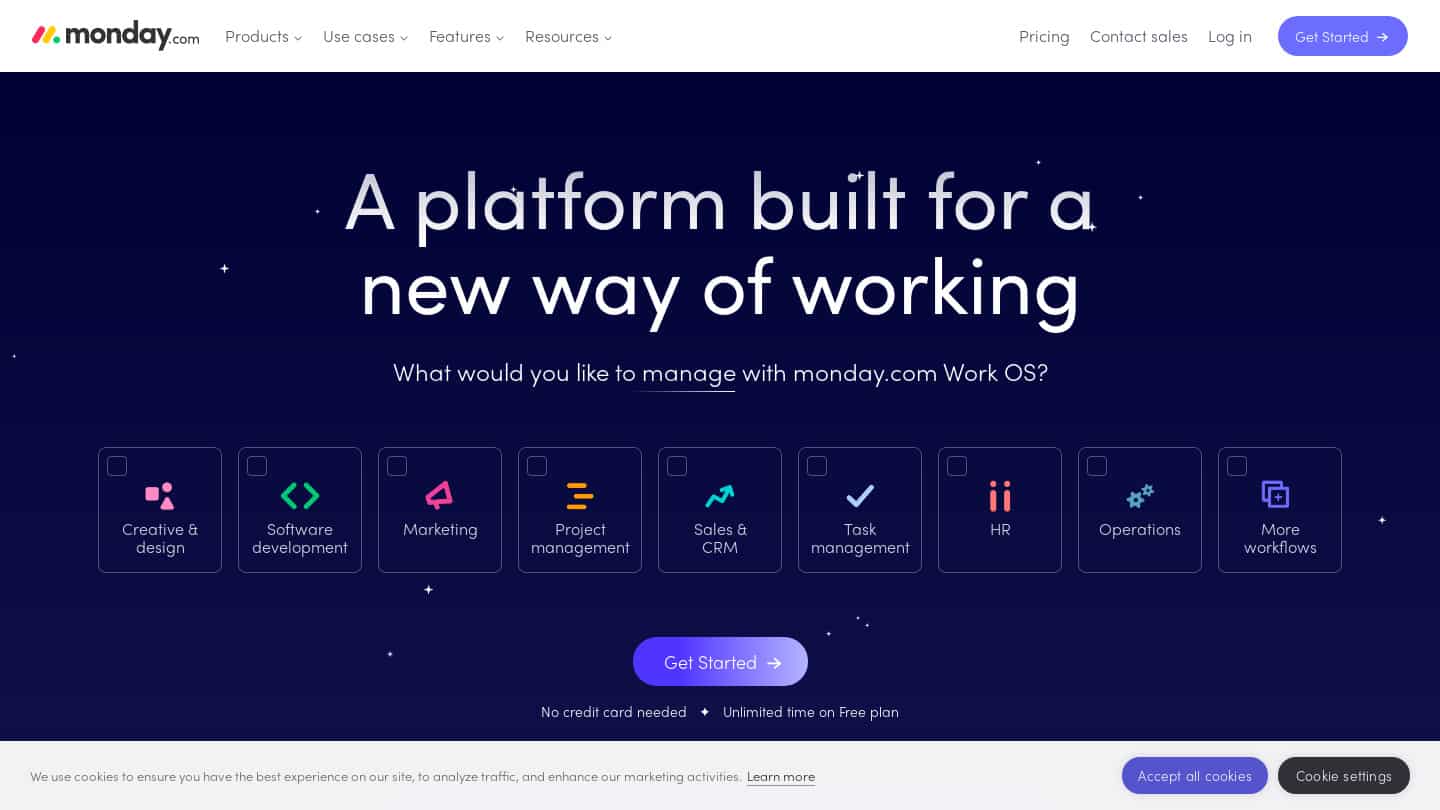
In our opinion, Monday is the most credible alternative to Trello in terms of free planning software. It’s an ultra-flexible solution, perfect for companies looking for a complete project and document management tool.
Among the features we love about Monday:
- A rich gallery of templates
- A comprehensive integration marketplace
- Ease of adoption and use make it ideal for small and medium-sized organizations.
In terms of pricing, Monday offers a free plan for up to 5 users, followed by a basic plan at 8 euros/user/month that unlocks the number of users.
But you’ll need to upgrade to the Standard plan to gain access to Monday’s interesting features, such as automations, integrations and various views (calendar, Gantt chart).
Try Monday for free
Monday offers a free plan for up to 5 users to get a feel for the tool.
#2 Clickup: kanban software on the rise
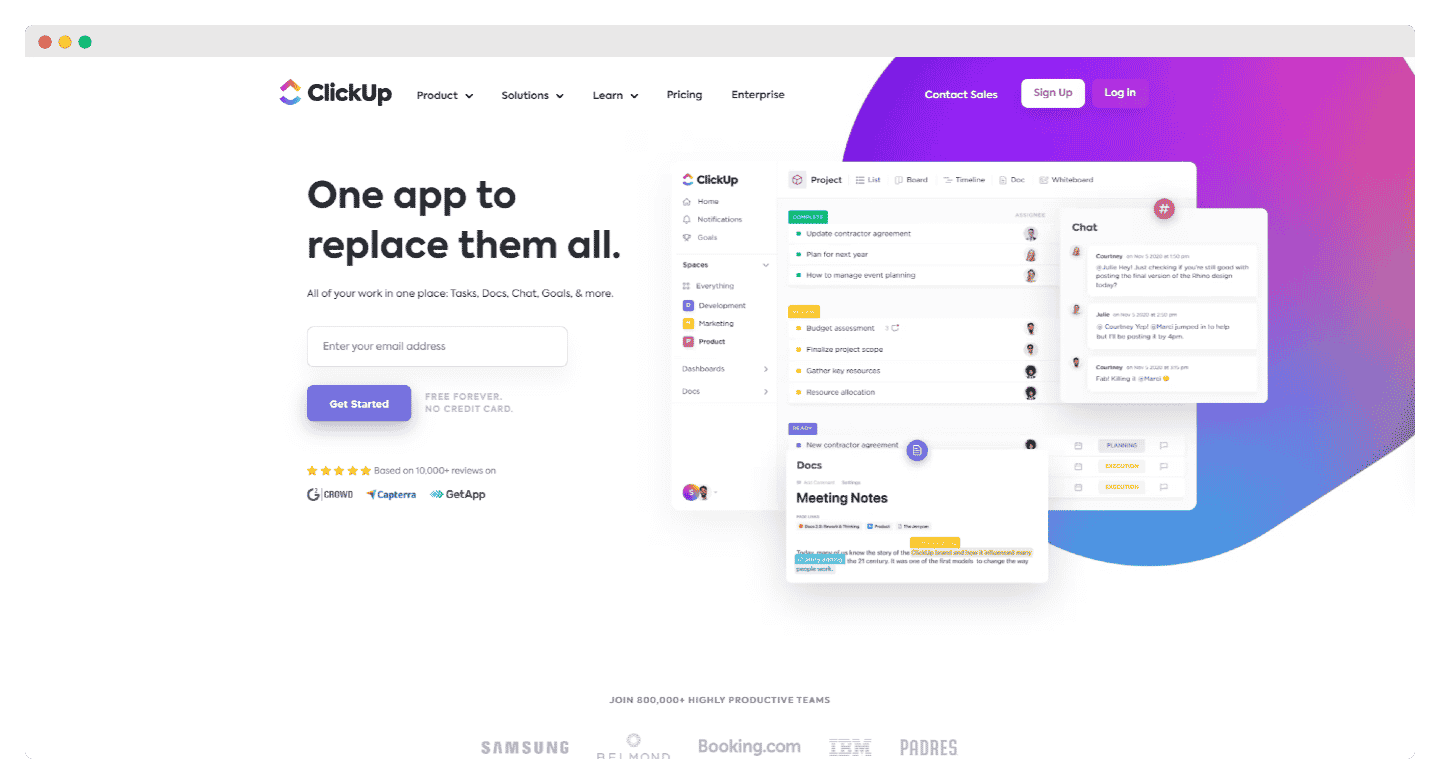
Compared with Trello, Clickup is, in our opinion, the best value for money on the market. It offers a freemium plan with great functional depth, including an unlimited number of users and projects.
The most? A gallery of integrations (over 1,000 software packages available, including Zapier) and highly-developedautomation functions.
The free plan is functionally very advanced, but limited to 100 MB of storage. Then charge $5/month/user for the first paid plan, which gives access to different views. Automations are only available with the Business plan ($12/month/user).
Try Clickup for free
Discover Clickup, the Kanban software on the rise!
#3 Todoist: the hyper-intuitive software specialized in to-do lists
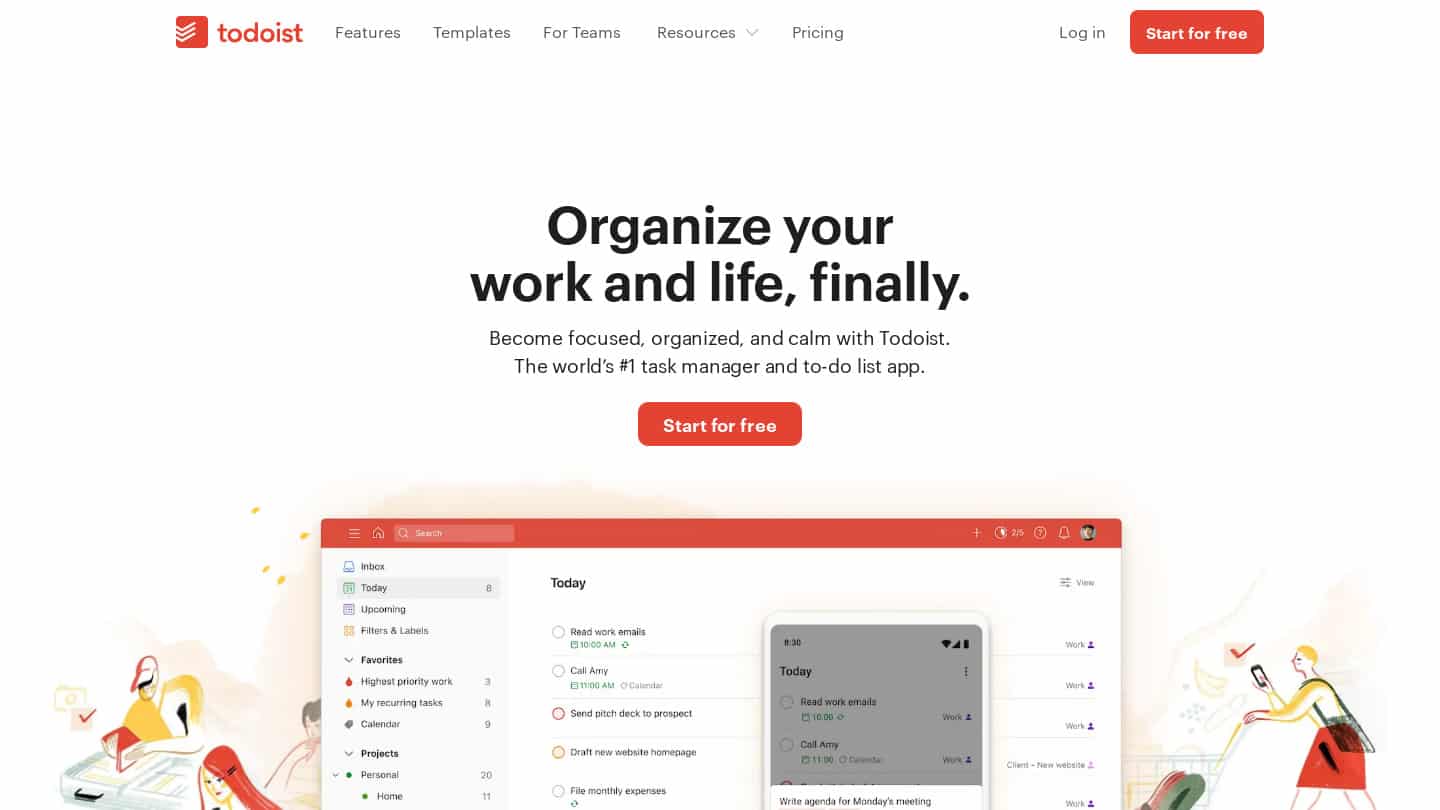
Todoist is the ideal solution for companies looking for an intuitive and efficient project management tool, but without major functional requirements. This project management software is lightweight and easy to implement, and makes managing tasks and creating to-do lists a breeze.
Its flexibility and affordable pricing make it a very attractive alternative to Trello for beginners, with a well-stocked and successful catalog of integrations.
And don’t forget its Chrome extension, which lets you add websites as tasks and complete them directly from your browser.
Todoist offers a free plan for up to 5 users and 5 projects. Hence the probable need to switch to the Premium plan, starting at 4 euros/month/user.
Try Todoist for free
You can test Todoist’s various plans free of charge.
#4 Asana: a free alternative with advanced functions

Unlike Trello, Asana makes the different views (Kanban board, lists, calendar and timeline) communicate with each other, enabling you to organize a to-do list chronologically, for example.
Its free version is quite comprehensive – unlimited number of projects, access to all views and integrations – but is limited to 15 users.
From 10.99 euros/user/month, the paid versions offer advancedautomation features. Asana’s functionalities are therefore quite extensive, but it remains slightly more expensive than its competitors.
Try Asana for free
Discover all of Asana’s features with our free plan!
#5 Notion: the tool that’s all about collaboration
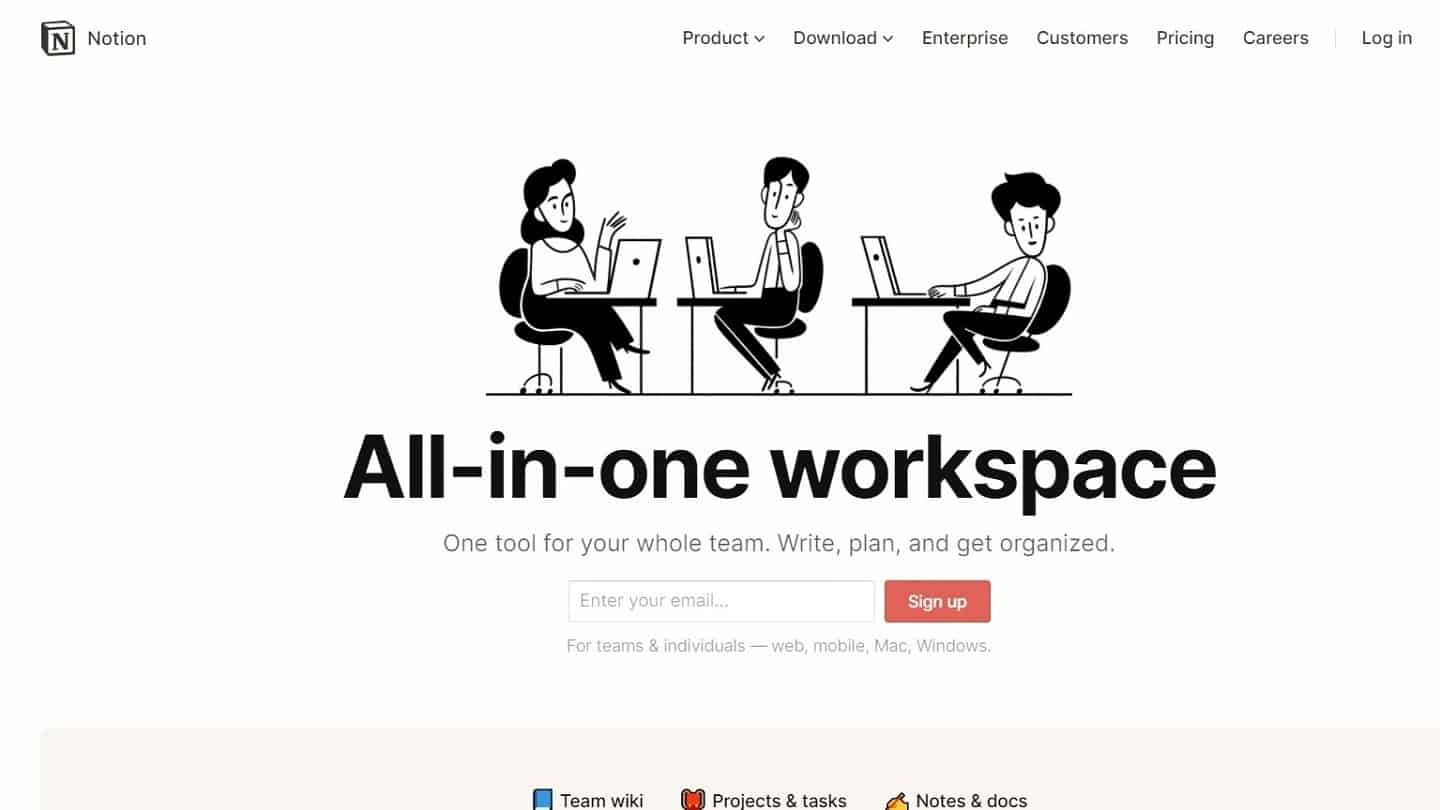
Like Trello, Notion is a benchmark for effective internal communication. This tool brings together all a company’s information in a single, easy-to-use, intuitive package.
Its strengths include numerous collaborative work management functions (note-taking, link sharing, exports, etc.), with a gallery of templates and numerous integrations. On the other hand, reporting and tracking functionalities are limited.
Designed as an individual tool, the free plan is limited to 5 users. The first paid plan available is $5/month/user, but you’ll need $10/user/month to access the team plans, which give access to collaborative workspaces.
Try Notion for free
Notion offers free trials for all its plans!
#6 Jira: the Agile tool for development teams
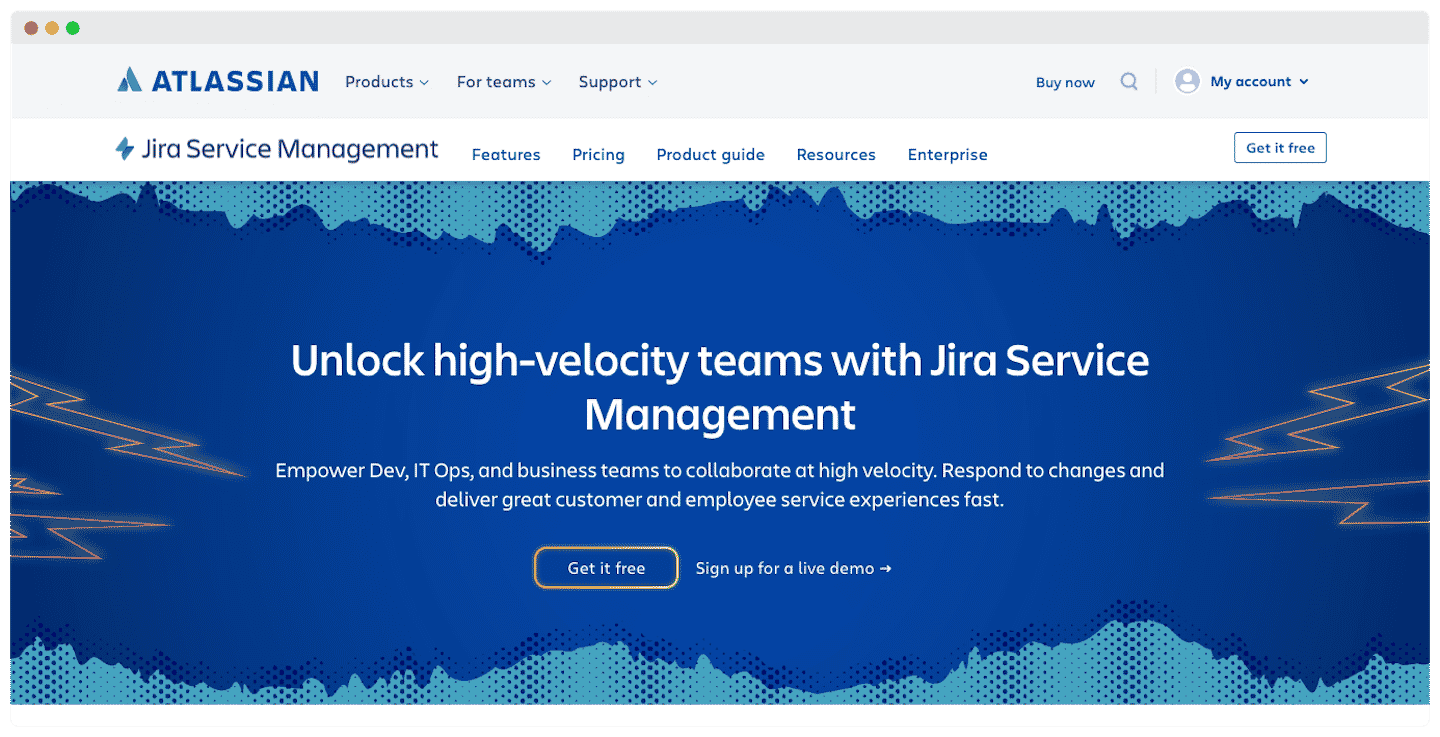
Specialized in project management for Agile teams, Jira offers many best practices and gives you access to a very active Agile user community.
Developed by software publishers Atlassian, Jira offers advanced reporting functions available in the foreground, making it the ideal tool for development teams.
The solution is available in three versions:
- Jira Core: The basic Jira project and task management platform for users with no IT expertise.
- Jira Software: A specialized version of the tool designed for software developers.
- Jira Service Desk: The platform for customer support and IT professionals.
- Jira Software is used by over 65,000 teams worldwide. It’s a great back office tool to use alongside a customer communication tool.
Most functions are available in the free plan, but it is limited to 10 users. The first premium plan is $7.5/month/user.
Try Jira for free
You can get 2 months free when you sign up for an annual plan!
#7 Teamwork: the ideal solution for service companies

Teamwork is a project management tool for service companies, offering excellent value for money.
Its key features compared to Trello? Tracking and billing of working hours, combined with extensive sharing functions, especially with customers.
A free plan is available for up to 5 users, and is limited to basic project and task management functions. Then charge $10/month/user for the first plan, which offers templates and different project views, time tracking and invoicing solutions.
Try Teamwork free of charge
Try out Teamwork’s different plans for free, without even leaving your bank imprint.
#8 Taiga: open source software for Agile teams
Taiga.io is an opensource project management software designed specifically for Agile teams, developers and start-ups. Its price makes it extremely attractive, especially as it offers real functional depth and is infinitely customizable thanks to open source.
Features include the Kanban view, Scrum management, and numerous integrations thanks to the open API.
Their free plan gives access to all features, but is limited to 15 users, 5 private projects and 300 Mb of storage. Please note: public projects are unlimited. The paid plan unlocks all these limits.
Try Taiga for free
Depending on the number of users per month, Taiga adjusts its prices – if you have a paid plan but don’t use it fully, the plan reverts to free.
#9 Wekan: the completely free solution
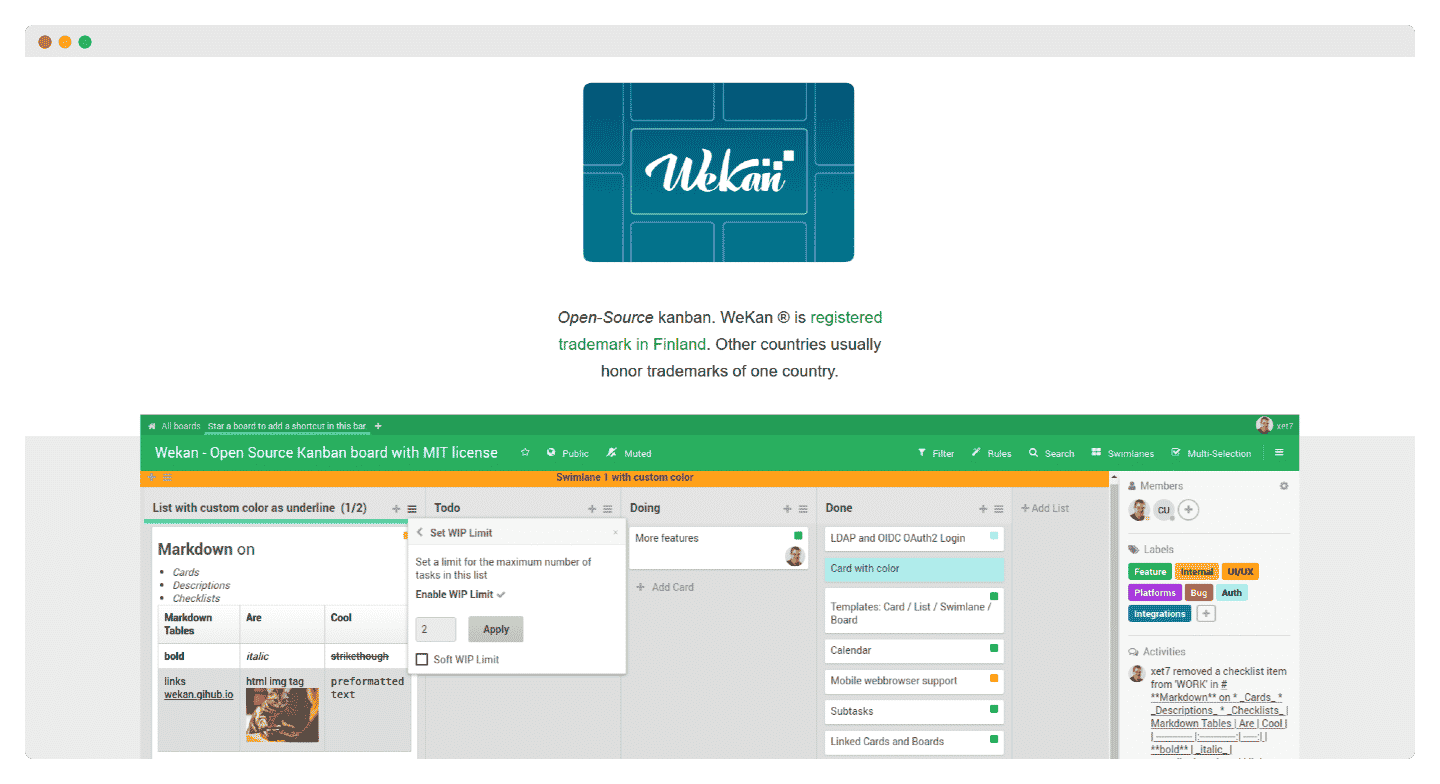
In the same style as Taiga, Wekan is an open source project management software that can be a good alternative to Trello for fans of Kanban views.
In terms of benefits, it’s completely free and offers real functional depth, making it ideal for complex projects.
On the other hand, it’s probably not the easiest software to get to grips with, and novices to Wekan will have to make do with an unattractive interface and a simple Kanban view.
Try Wekan free of charge
Wekan is the only completely free plan in the selection!
#10 Airtable: the software for Excel regulars

For those who work mainly with Excel, Airtable is a much more suitable project management software than Trello, as it offers an advanced version of Excel with lots of connectivity.
Its strengths include a powerful spreadsheet function – flexible and easy to use – as well as a comprehensive catalog of integrations and advanced collaboration functions.
Airtable’s free plan is limited in terms of users (5 maximum), integrations and extensions. Then, the first paying plan is at $10/month/user.
Try Airtable free of charge
Airtable lets you test its different plans free of charge.
#11 Wrike: multi-team project management
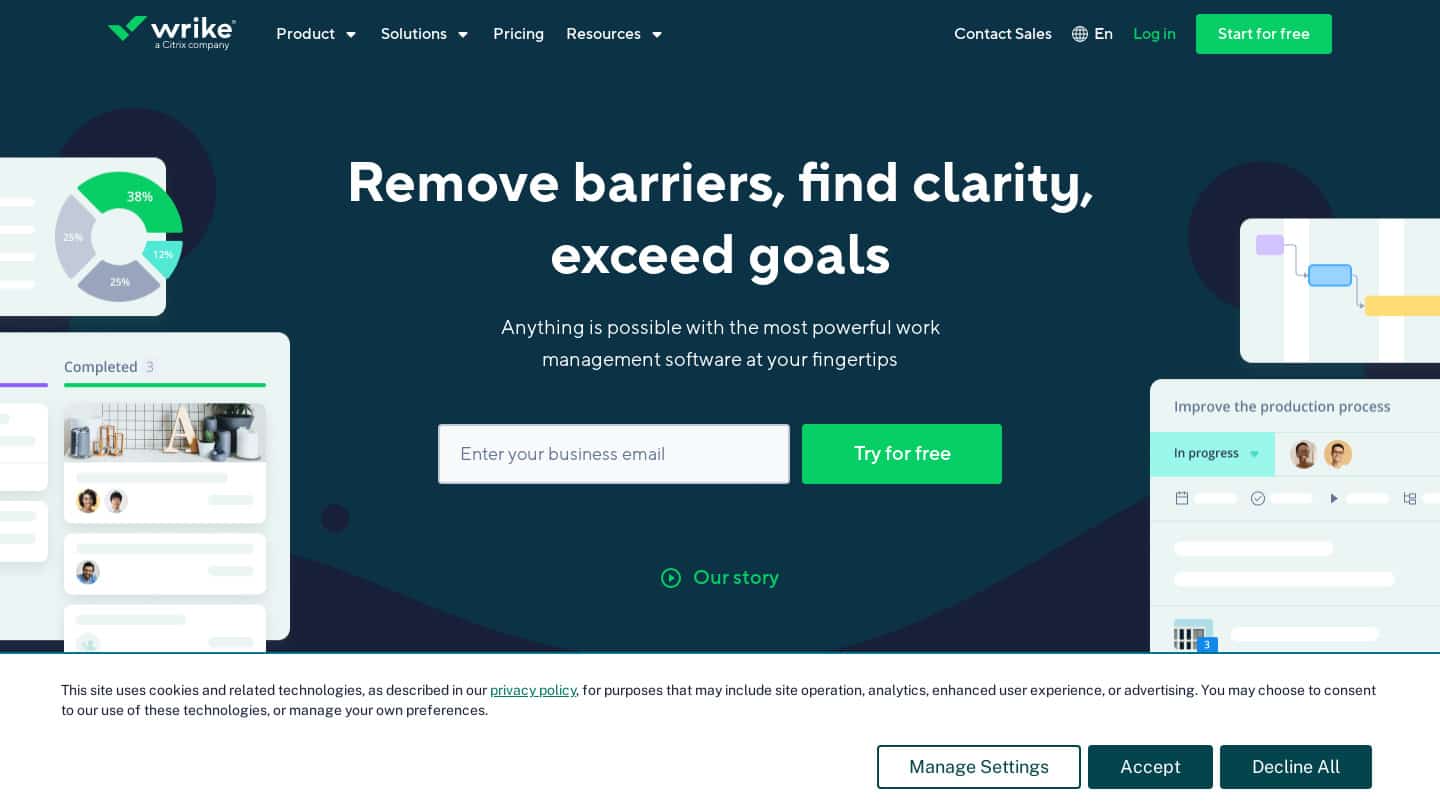
For particularly complex projects, especially those involving several teams, Wrike is a much more suitable project management software than Trello.
To this end, the tool offers truly advanced security and data storage functionalities. Wrike is easy to learn, thanks to a well-developed helpdesk (help center with many articles, demo videos, active user community).
Wrike offers a functionally deep free plan – web, desktop and mobile applications that let you work with internal and external collaborators – but limited to 2 GB storage/account.
The $9.8/month/user Professional plan gives you access to Gantt charts, but it’s from the $24.80/month/user Business plan onwards that you really benefit from advancedautomation and customization functions.
Try Wrike for free
Discover the many features of Wrike’s free plan!
#12 KanbanFlow: for those who want a time-tracker
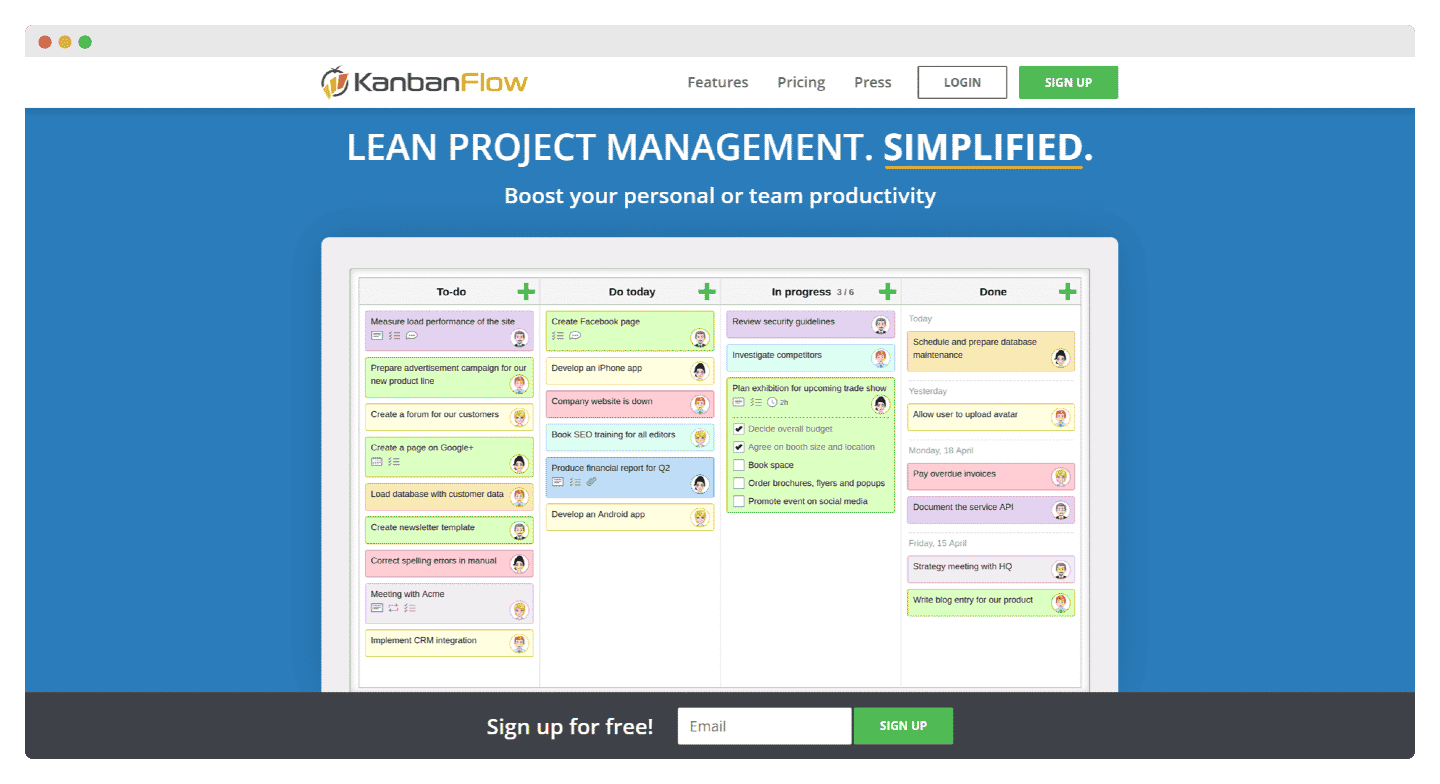
KanbanFlow is a full-featured project management software that’s a good alternative to Trello: more than just a Kanban view, it’s a collaborative tool that also offers time tracking, reporting and numerous integrations.
Their free plan is really interesting, as there are no project or user limits, and it gives access to almost all project management functions (apart fromautomation functions in particular).
On the other hand, if you wish to benefit from reporting or integrations, you’ll need to upgrade to the paid plan, at $5/month/user.
Try KanbanFlow for free
You can test KanbanFlow free of charge for 14 days.
Going further
- Top 10 Free Planning Software
- Our Time Tracking Software Recommendations
- The best project management tools
Why look for an alternative to Trello?
It would be unfair not to mention the advantages of Trello in this article, and the reasons why Trello remains such a popular and cost-effective project management software.
Trello’s advantages include
- A super-clear, super-practical Kanban view with Markup syntax and the ability to create templates at many levels on the cards – a real time-saver when you’re used to it.
- A very generous free plan – no limit on the number of users, and no limit on the number of cards. The only limit is the number of panels you can have on the same free plan, and some features. A big bonus:automation features available from the free plan.
- The tool is widely known and used, making it very easy to adopt, and there are plenty of templates of anything and everything available (free or not) in a hyper-complete gallery.
However, and this is the reason for this article:
- The Kanban view alone works very well for very clearly defined use on mature processes – but it quickly becomes limiting. But Trello imposes the Kanban view on all team members, with no real scope for customization. It is also limited in displaying project status and priority, whereas project managers need multiple views (such as a list view or timeline) to get a better overview.
- The tool doesn’t allow you to define dependencies, which can lead to confusion within a team – especially regrettable is the absence of Gantt charts, which are essential for project planning.
- Collaboration features are a little limited – this is a real limitation of Trello: the software only offers communication via “comments” on tasks and on a notifications tab to view recent activity (which can quickly become a nightmare when you’re working on complex projects).





